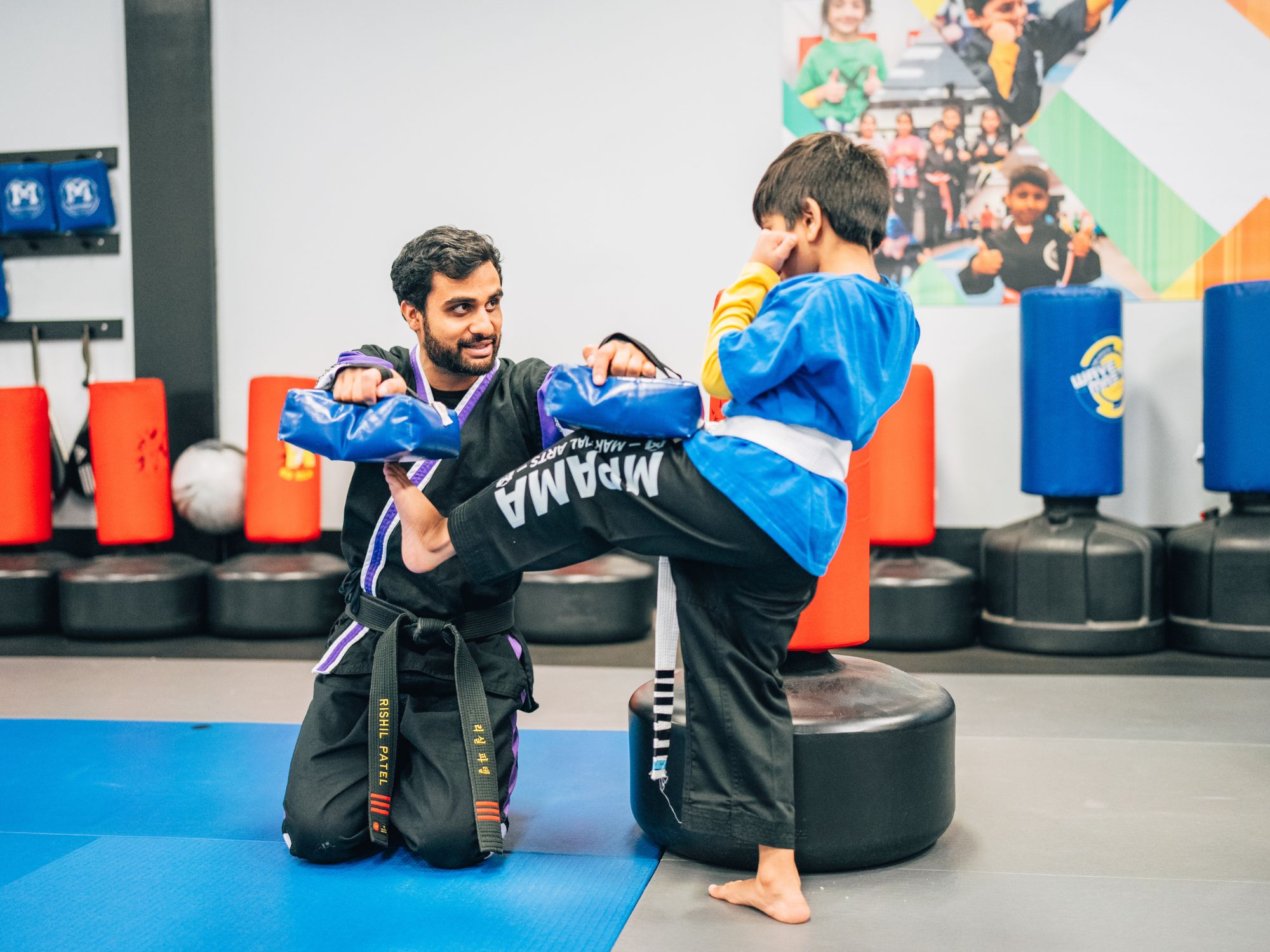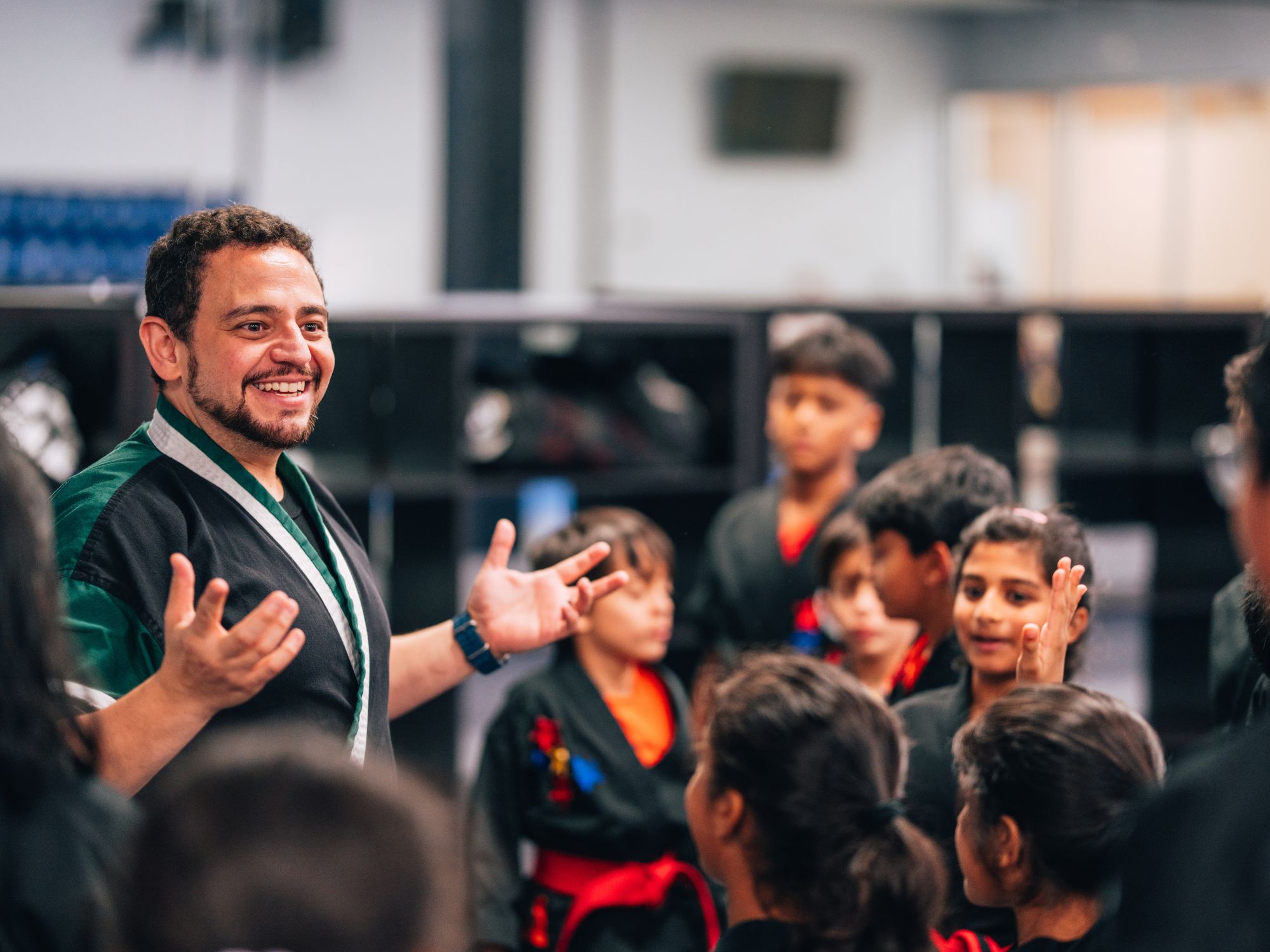For many kids, the day can feel like a race from one task to the next, leaving little room to catch their breath, or even plan ahead. Learning how to manage their time gives them a sense of control and a clear path toward their goals. It’s a skill that helps them stay organized, make better decisions, and learn how to balance school, activities, and downtime. With the right guidance from parents, time management can be more than just a daily habit, and will become a foundation for success.
Here are three simple, practical ways you can help your child build strong time management skills and understand how they lead to success:
Clear Expectations
Children may not realize it, but they thrive when they know what to expect. Setting a daily schedule for homework, chores, play, and rest helps them understand how to structure their time, and the importance of sticking to it. Start by working with your child to create a simple daily schedule, and try using a planner or whiteboard so they can see their day at a glance. The consistency of a routine not only builds discipline but also shows them the value of committing to a plan and following through.

An instructor helps a white belt learn how to do a consistently perfect front kick every time.
Prioritization Skills
An important lesson for kids to learn is that not all tasks carry the same weight. Help your child learn how to identify which tasks should come first and which can wait. Start by making a list of all the tasks your child has to complete, and then have them consider the importance and urgency of each one. Tasks that have earlier deadlines, or ones that have a bigger impact should be put at the top of the list to be done first. After the more pressing responsibilities are finished, then your child can move on to the rest. By guiding them in setting priorities, you’re teaching them that making smart decisions with their time directly affects how much they can accomplish and the quality of their results.

Master Peter gives a quick chat to a group of students during their belt test.
Realistic Deadlines
Goals give time management purpose. Work with your child to set small, achievable goals, like completing a school project by the end of the week, and discuss what steps they need to take each day to reach them. This helps them understand how deadlines work and why breaking tasks into smaller parts makes them easier to manage. Achieving these goals also builds their confidence and reinforces the connection between effective time management and personal success.

A demo team member nails a tough technique that was her goal to achieve.
The MPAMA Way
At MPAMA, we go beyond teaching martial arts; we teach life skills. Time management is a key part of our training, and we incorporate it into every class. Whether it’s showing students how to arrive prepared, helping them balance school responsibilities with training, or encouraging them to set and track their belt progression goals, we ensure that students understand how to use their time wisely. These skills extend far beyond the mat, empowering our students to succeed in all areas of life!
Conclusion
Time management is not just a skill — it’s a foundation for success. By creating routines, teaching prioritization, and encouraging goal-setting, parents can equip their children with the tools they need to make the most of their time. At MPAMA, we partner with families to reinforce these lessons, helping kids grow into confident, capable individuals who know how to take charge of their future. With the right guidance and support, children can develop habits today that will carry them toward success tomorrow!
Master Peter’s Academy of Martial Arts provides top-notch martial arts training for kids, teens, and adults in Dayton, South Brunswick, Monmouth Junction, Kendall Park, Princeton, Cranbury, East Windsor, Monroe, Jamesburg, Robbinsville, and Bordentown.








